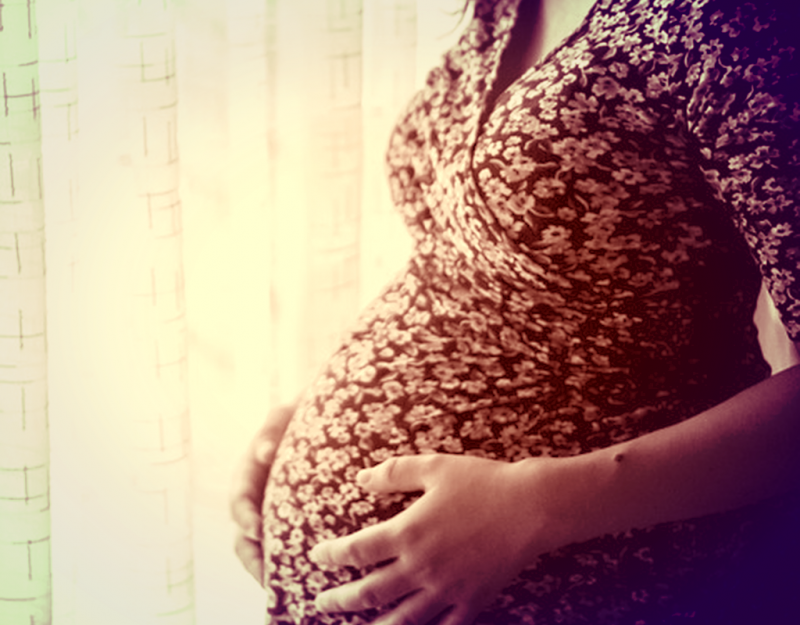Unless you develop Obstetric cholestasis during pregnancy, chances are you will never know hear about this condition. Obstetric cholestasis – also known as cholestasis of pregnancy, OC, intrahepatic cholestasis of pregnancy, and ICP – is a rare condition that occurs in pregnancy and affects both the liver and the flow of bile from that organ.
The liver ordinarily produces bile that flows into the intestine and assists in the digestion of food, but for women suffering from Obstetric cholestasis the flow of bile is hindered due to pregnancy hormones so that the bile acid builds up and causes toxins to enter the blood system.
Symptoms of Obstetric cholestasis
- Severe itching that usually appears in the last ten weeks of pregnancy. The itching occurs particularly on the hands and soles of the feet, and is worse at night. This itching may spread to other parts of the body.
- Jaundice
- Dark coloured urine
- Pale stools
IMPORTANT!
Once you have been diagnosed with Obstetric cholestasis, you have a 60-80% chance of being affected by OC in future pregnancies – the symptoms associated with Obstetric cholestasis can also become more pronounced with each pregnancy.
Diagnosis of Obstetric cholestasis
Diagnosis of Obstetric cholestasis is usually a diagnosis of exclusion – it is only diagnosed when all other possible conditions have been eliminated, although specific blood tests can identify liver function problems. But it is important that the condition is identified as it can have serious health implications for baby and mother.
- The chance of stillbirth grows significantly – about 15% greater – with the diagnosis of Obstetric cholestasis and it is for this reason that close monitoring of the baby is considered necessary until delivery occurs.
- Doctors generally aim to induce and deliver babies at 35 – 38 weeks as the risk of stillbirth continues to increase as each week of pregnancy passes.
Treatment of Obstetric Cholestasis
- As Obstetric cholestasis can only be resolved with the delivery of the baby, treatment of OC tends to focus on treating the symptoms rather than the condition itself.
- Ursodeoxycholic acid has been shown to improve liver function and has been used in the treatment of Obstetric cholestasis.
- Carefully managed steroids can also be used to improve the itching.
- Topical treatments that may work include calamine lotion, Pine-Tarsel and Alpha-Keri.
- Some women have found relief from the itching in homeopathic remedies.
This article was written by Ella Walsh for New Zealand’s leading pregnancy resource, Kidspot.







Leave A Comment
You must be logged in to post a comment.